Díky, pane Kříženecký (1978)
Gênero : Documentário, Cinema TV
Runtime : 0M
Director : Oleg Reif
Sinopse
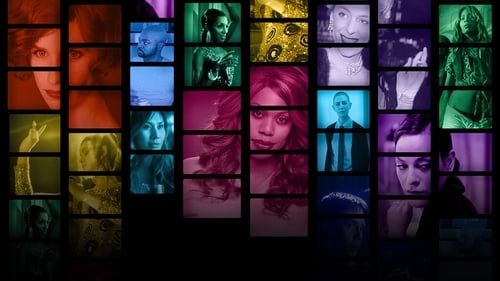
Neste documentário, nomes influentes da arte e do pensamento transgêneros analisam o impacto de Hollywood na comunidade trans.
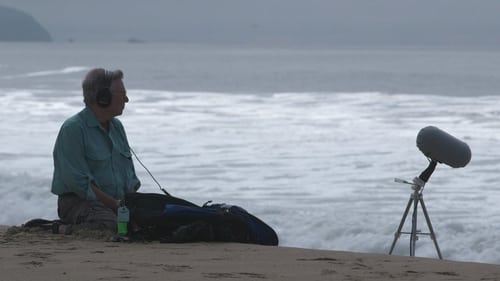
Como o design de som cria a mágica de um filme? Entrevistas com George Lucas, David Lynch e os sound designers de Star Wars, Indiana Jones e Apocalypse Now.

Uma introdução hilária, usando como exemplos alguns dos melhores filmes da história, às idéias do filósofo e psicanalista esloveno Slavoj Žižek sobre subjetividade pessoal, fantasia e realidade, desejo e sexualidade.

Deep Throat, a pornographic film directed by Gerard Damiano, a film-loving hairdresser, and starring Linda Lovelace, a shy girl manipulated by a controlling husband, was released in 1972 and divided audiences, who began to talk openly about sex, desire and female pleasure; but also about violence and abuse; and about pornography, until then an almost clandestine industry, as a revolutionary cultural phenomenon.
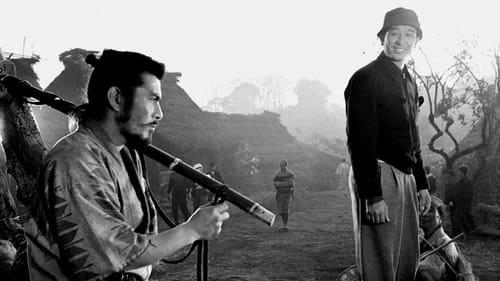
An account of the life and work of legendary Japanese actor Toshirō Mifune (1920-97), the most prominent actor of the Golden Age of Japanese cinema.
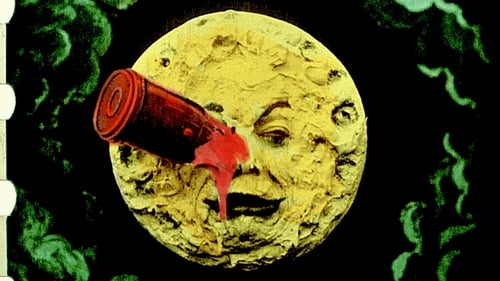
An account of the extraordinary life of film pioneer Georges Méliès (1861-1938) and the amazing story of the copy in color of his masterpiece “A Trip to the Moon” (1902), unexpectedly found in Spain and restored thanks to the heroic efforts of a group of true cinema lovers.
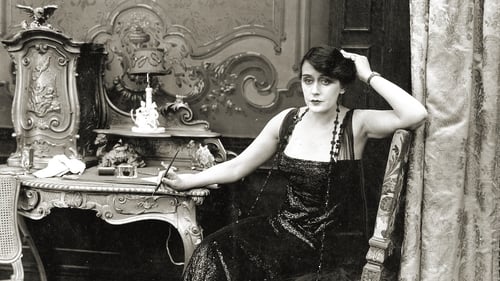
Quando Alice Guy-Blaché terminou seu primeiro filme em 1896, em Paris, ela não era apenas a primeira cineasta mulher, mas também uma das primeiras diretoras de cinema a fazer um filme narrado. Be Natural segue sua trajetória, desde secretária na Gaumont até sua indicação como Diretora de Produção em 1897, e sua subsequente carreira de sucesso de 20 anos na França e nos Estados Unidos, como fundadora de seu próprio estúdio, além de roteirista, diretora e/ou produtora de mil filmes - e depois completamente apagada da história. Até agora.
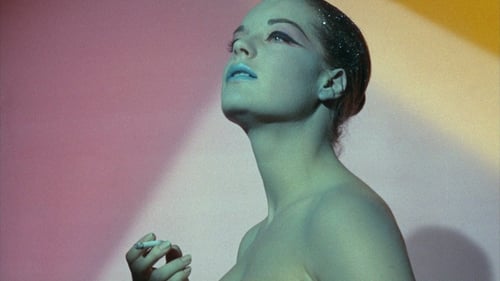
In 1964, Henri-Georges Clouzot's production of L'Enfer came to a halt. Despite huge expectations, major studio backing and an unlimited budget, after three weeks the production collapsed. This documentary presents Inferno's incredible expressionistic original rushes, screen tests, and on-location footage, whilst also reconstructing Clouzot's original vision, and shedding light on the ill-fated endeavor through interviews, dramatizations of unfilmed scenes, and Clouzot's own notes.

O monólogo de John Waters celebra a carreira cinematográfica e as obsessões do homem que William Burroughs uma vez chamou de "O Papa do Trash." Waters fala de seus filmes, de suas influências artísticas e de seu fascínio pelo crime, pelo cinema exploitation e pelo mundo da arte contemporânea.
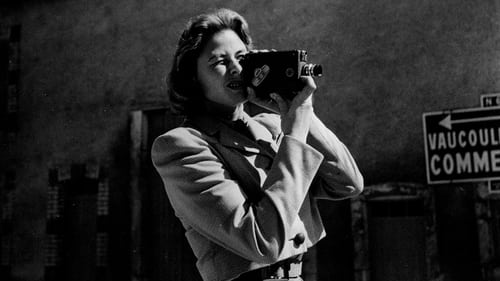
Um relato pessoal e cativante da extraordinária vida e obra de Ingrid Bergman (1915-82), uma jovem sueca que se tornou uma das atrizes mais célebres do cinema mundial.
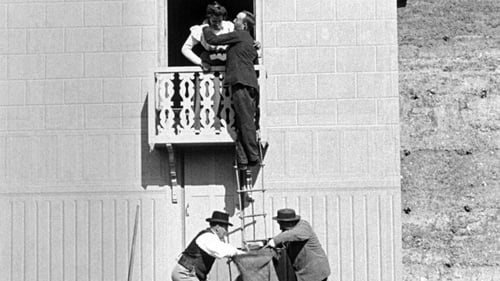
Em março de 1895, os irmãos Louis e Auguste Lumière eternizaram-se na história ao capturarem as primeiras imagens em movimento no aparelho que haviam inventado: o cinematógrafo. Neste documentário são contempladas algumas de suas obras, os primeiros passos dados para o nascimento da sétima arte.
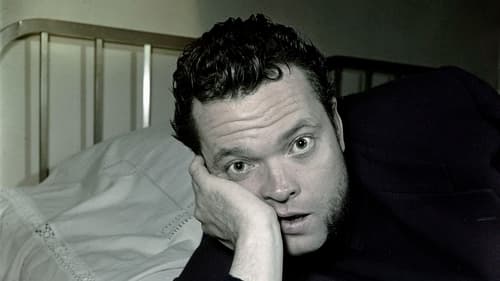
Uma viagem poética ao mundo visual do lendário cineasta e ator Orson Welles (1915-85) que revela um novo retrato de um gênio único, tanto de sua vida quanto de sua monumental obra: através de seus próprios olhos, desenhados por sua própria mão, pintados com seu próprio pincel.
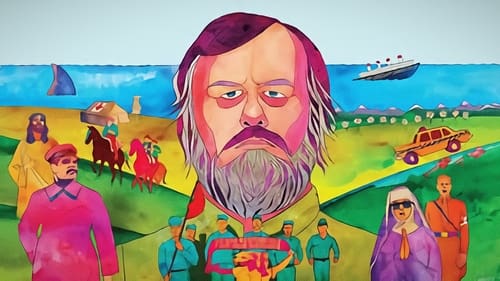
Uma viagem ao coração labiríntico da ideologia, que molda e justifica tanto crenças e práticas coletivas quanto pessoais: com um zelo contagiante e apetite voraz pela cultura popular, o filósofo e psicanalista esloveno Slavoj Õizek analisa vários dos filmes mais importantes da história do cinema para explicar como a narrativa cinematográfica ajuda a reforçar a ética e as idéias políticas prevalecentes.
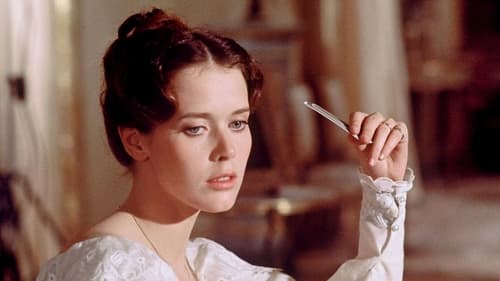
France, 1974. The erotic film Emmanuelle, directed by Just Jaeckin, breaks all records for cinema attendance: the story of the creation of a sensual epic that marked a turning point in the struggle for sexual emancipation.
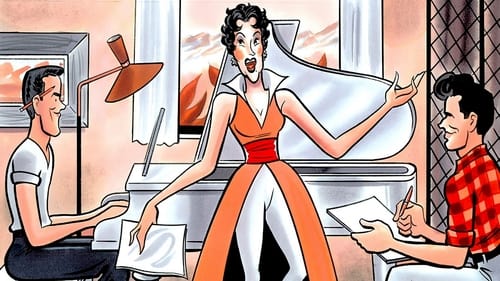
Dickson Hughes and Richard Stapley, two young composers and romantic partners, are caught in the web of silent film star Gloria Swanson when she hires them to write a musical version of Sunset Boulevard, her 1950 film directed by Billy Wilder.
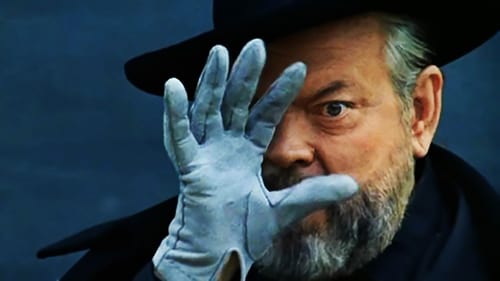
The extraordinary life of Orson Welles (1915-85), an enigma of Hollywood, an irreducible independent creator: a musical prodigy, an excellent painter, a master of theater and radio, a modern Shakespeare, a magician who was always searching for a new trick to surprise his audience, a romantic and legendary figure who lived only for cinema.
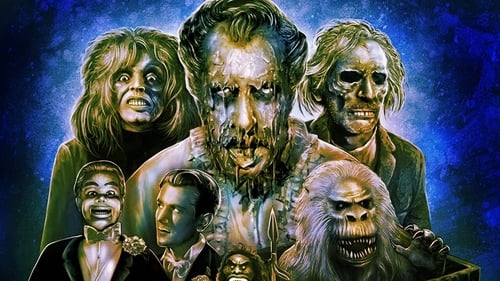
David Gregory and Kier-La Janisse take a detailed look at the history of horror anthology films with the help of more than sixty writers, genre specialists, and members of the film industry.
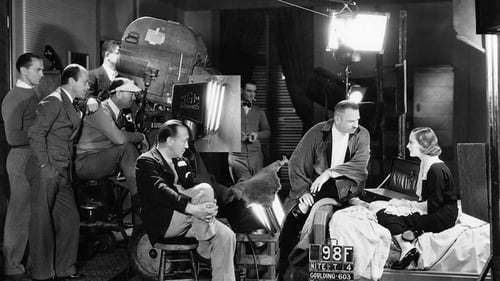
Cameramen and women discuss the craft and art of cinematography and of the "DP" (the director of photography), illustrating their points with clips from 100 films, from Birth of a Nation to Do the Right Thing. Themes: the DP tells people where to look; changes in movies (the arrival of sound, color, and wide screens) required creative responses from DPs; and, these artisans constantly invent new equipment and try new things, with wonderful results. The narration takes us through the identifiable studio styles of the 30s, the emergence of noir, the New York look, and the impact of Europeans. Citizen Kane, The Conformist, and Gordon Willis get special attention.

A very personal look at the history of cinema directed, written and edited by Jean-Luc Godard in his Swiss residence in Rolle for ten years (1988-98); a monumental collage, constructed from film fragments, texts and quotations, photos and paintings, music and sound, and diverse readings; a critical, beautiful and melancholic vision of cinematographic art.
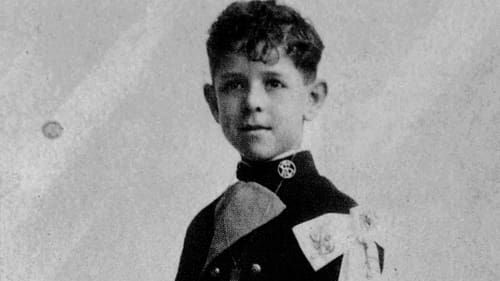
The early days of the future genius of Spanish cinema Luis García Berlanga, from his birth in Valencia in 1921 to his departure to Madrid in 1947 to become a filmmaker.


















